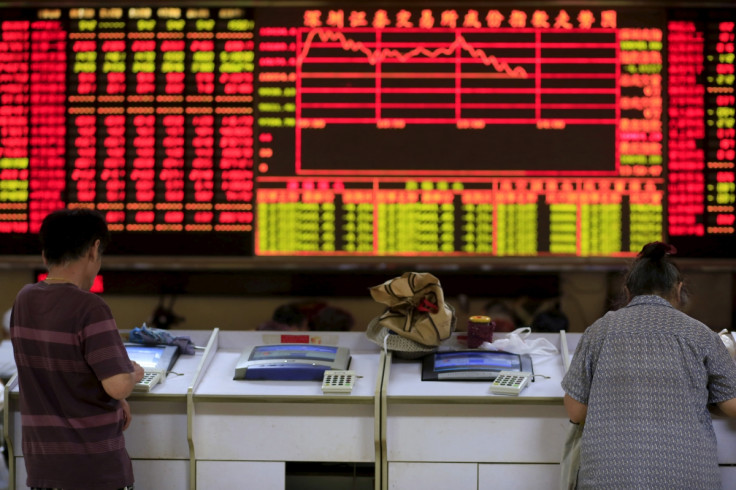Barring China, Asian markets in the red amid North Korea nuclear test

Excluding China's Shanghai Composite Index, Asian stock markets were trading in the red for the day. Adding to investors' woes, whose sentiment was dampened because of the China slowdown, was North Korea's nuclear test.
North Korea confirmed today (6 January) that it carried out a nuclear test, claiming it was a hydrogen bomb detonation. The announcement followed a 5.1-magnitude earthquake that was detected at North Korea's nuclear test site.
While experts from South Korea and the US are closely watching the situation after the reports, Pyongyang insisted it has the "legal right" to conduct nuclear tests in order to defend itself from provocations from adversaries.
Angus Nicholson, market analyst at spreadbetter IG, with regards to this event said: "[The test has] added a touch of Armageddon fears to the markets as well".
China's Shanghai Composite Index bucked the bearish trend and was trading up 1.32% at 3,330.97. The Caixin non-manufacturing Purchasing Managers' Index (PMI), which is a closely-watched gauge of nationwide activity, indicated a reading of 50.2 in December. This indicated a modest expansion in December in China's services sector.
Hong Kong's Hang Seng Index was trading at 21,052.53, down 0.64%, while Australia's S&P/ASX 200 had closed down 1.18% at 5,123.10. Japan's Nikkei 225 was trading at 18,192.40, down 0.99%, while India's CNX Nifty 7,782.10 was down 0.03% at 7,785.25.
South Korea's KOSPI too was trading at 1,925.29, down 0.27%. South Korean defence-related stocks such as Firstec and Speco, which were trading higher, trimmed its gains after news of North Korea's nuclear test broke.
In commodities, crude oil prices struggled near 11-year lows with WTI Crude Oil trading at $36.06 a barrel, up 0.25% and Brent Crude trading at $ 36.48 a barrel, down 1.99%, during the Asian trading hours.
© Copyright IBTimes 2024. All rights reserved.





